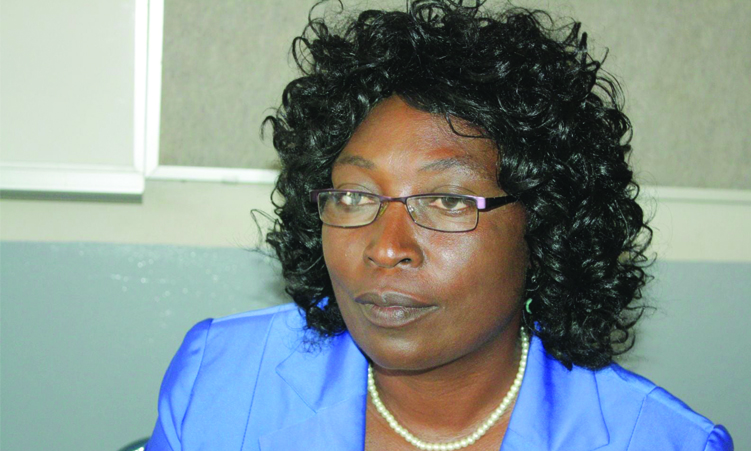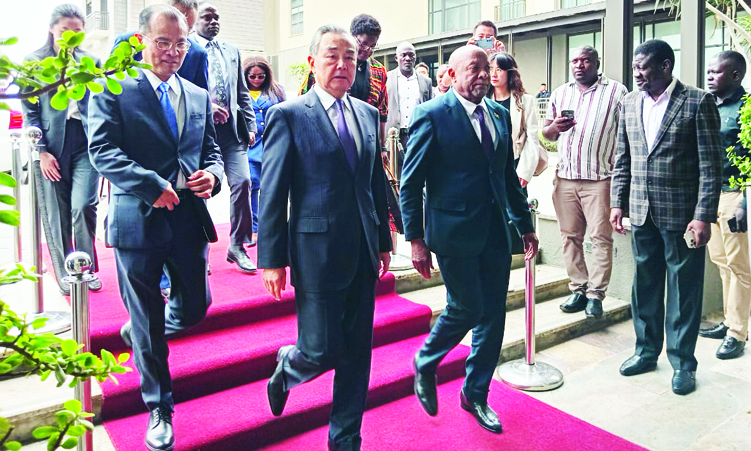The deputy minister of education, arts and culture, Faustina Caley, says a number of schools are struggling to manage the institutions.
This, and not necessarily a lack of adequate resources, leads to poor performance.
Caley says school managers are finding it difficult to unite their teams.
This includes pupils, parents, teachers, school boards and other stakeholders.
She says this leaves many schools without a defined culture of excellence and identity.
“The positive deviance study has revealed that schools performing better are not necessarily those which are well resourced, but rather schools with strong leadership and a well-defined school culture.
“Are you in control of your school, or is the school on autopilot?” Caley asks.
The deputy minister said this at Keetmanshoop in the //Kharas region during a regional engagement with principals and heads of department yesterday.
The aim was to review effective school governance and financial accountability, and improving pupils’ performance.
Statistics show out of a total of 726 pupils who registered and participated in last year’s national exams, only 315 in the region advanced to Grade 12 Namibia Senior Secondary Certificate Advanced Subsidiary level.
Of those, only 271 chose to enroll in Grade 12, leaving the region with a concerning number of pupils whose future educational paths remain unknown.
Caley urged school principals and heads of department to operate as a unit, and not in isolation.

“As a ministry, we are committed to allocating resources to where the most impact could be made and felt. As such, I would like to implore my principals to do the same. “Identify low-hanging fruit and let us change the cultures of our schools to reflect true leadership,” the deputy minister said.
Kalahari circuit inspector Ryan Assegaai identified non-completion of syllabi, a lack of basic writing, reading and mathematics skills and poor planning as some of the reasons for pupils’ poor performance.
“There is also a lot of blame shifting, a lack of textbooks and school furniture that hamper pupils’ performance, while teachers do not get the necessary support from management either,” he said.
//Kharas governor Aletha Frederick says there is a need to focus on collaborative strategies that will not only address the immediate concerns highlighted by last years’ results, but also lay a sustainable foundation for future academic success.
This can be done by ensuring every pupil has access to quality education and the support systems necessary for their growth.
Frederick cautioned against one-way communication.
“It is imperative that we recognise each party’s role in this triangle and work collaboratively to ensure that communication flows seamlessly between them.
“Effective dialogue requires active participation from all parties involved, therefore, let us strive for meaningful interactions rather than mere broadcasts of information and directives.”
The governor said collective efforts must pave the way for improved future results.
“And we must remember that education is not merely about passing exams; it’s about nurturing well-rounded individuals who can contribute positively to society.”
Stay informed with The Namibian – your source for credible journalism. Get in-depth reporting and opinions for
only N$85 a month. Invest in journalism, invest in democracy –
Subscribe Now!








